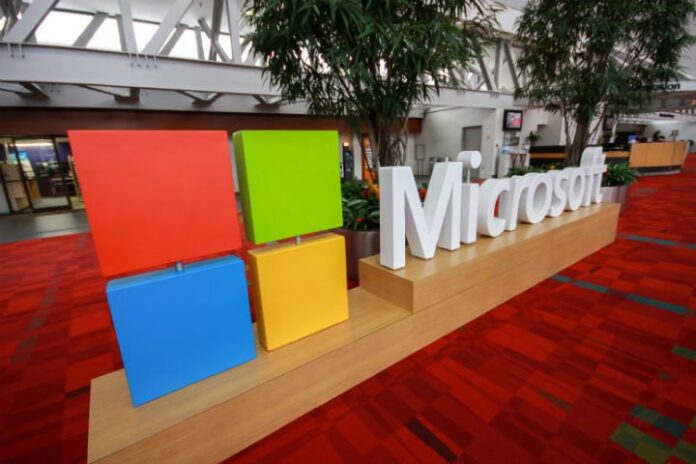When Microsoft and Spectra Wireless announced the first commercial Internet service network in Africa to use TV white spaces, university students in Ghana saw an immediate cost savings. But not everyone is cheering.
Apparently, the U.S. software giant’s interest in Africa is making many carriers on the continent nervous. Fernando de Sousa, Microsoft’s GM for Africa Initiatives told Business Tech that the company had met with many major African carriers and reactions ranged from “absolute fear and denial to wanting to engage in partnerships.”
Trying to allay carrier anxiety by emphasizing that Microsoft is not interested in competing with them, de Sousa said he told them “We want to be able to deliver our services, and we’re not going into carrier services.”
Spectra Wireless, an operator that obviously took the partnership route, is now using white space to offer wireless broadband to students at Koforidua Polytechnic, a university north of the Ghana’s capital of Accra. The cheapest data package starts at 59 cents per day and provides 24 hours of access.
“We are breaking away from the standard way of selling Internet services in Africa,” said Sam Darko, Spectra Wireless’ country leader. “Everyone wants and needs access to the Internet, but there are very few, if any, reliable, unlimited and affordable solutions for the masses.”
To provide low-cost connectivity, the technology Microsoft and Spectra are using takes advantage of unused wireless spectrum in frequency bands normally set aside for TV broadcasting. Microsoft and its partners are developing white space projects around the world, including in many African countries such as Botswana, Cote d’Ivoire, Kenya, Malawi, Morocco, Namibia, South Africa and Tanzania.
More telecom news from Europe, the Middle East and Africa:
• Vodafone Egypt plans to spend $1.25 billion on network upgrade. The carrier, which is majority-owned by the U.K.’s Vodafone, will invest about $1.25 billion over the next three years to keep pace with data demand. The money will be used to purchase equipment, modernize base stations and create new coverage areas.
• Telekom Austria adds high-speed satellite broadband. The Telekom Austria Group announced that its subsidiary A1, together with partner Eutsalat, will offer satellite broadband in its home market of Austria, adding the service to its fixed net and mobile Internet portfolio. The satellite service will help cover frontier and mountain regions that have no DSL-based access.
• EE again tops charts for best U.K. network. Following the news that BT would pay $19 billion to acquire operator EE, Rootmetrics again ranked EE as having the best network in the U.K. Rootmetrics evaluated the four major U.K. operators – EE, Three, Vodafone and O2 – for network performance, reliability and speed. EE topped all the categories. However, Hutchison Whampoa’s Three came in a close second in every category and tied EE for network reliability.
Want to know more? Check out our EMEA coverage, and follow me on Twitter!

